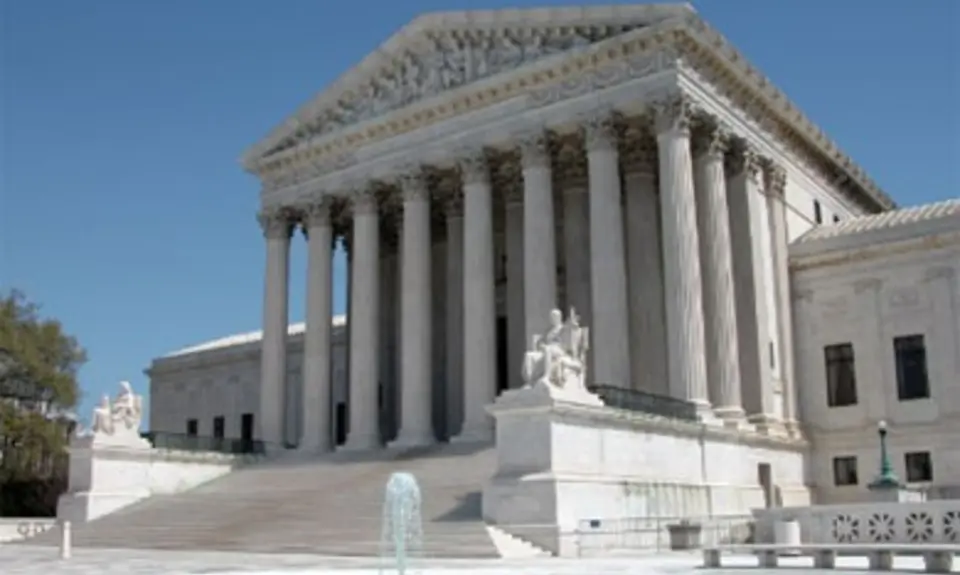As the Supreme Court session wrapped up for the term, PFAW hosted a member telebriefing on Thursday to analyze the impact of the term's decisions and to look towards the future of the Court overall. The latest term was atypical in a number of ways, from the death of Justice Antonin Scalia to Republican senators’ unprecedented and unconstitutional refusal to consider Judge Merrick Garland’s nomination, leaving the Court with only eight justices to decide cases.
On the call were PFAW’s Executive Vice President Marge Baker, Communications Director Drew Courtney, Senior Legislative Counsel Paul Gordon, and Senior Fellow Elliot Mincberg, who discussed the Republicans' blockade of the Garland nomination, the impact of the court being forced to operate with only eight justices for a significant portion of the term, and the future of the Supreme Court in coming years, with three of the current justices soon to be over the age of 80. They also fielded questions from members around the country, unpacking the outcomes of cases such as Fisher v. University of Texas, Whole Women’s Health v. Hellerstedt, U.S. v. Texas and others.
Mincberg said that “this term turned out very differently” than many expected because of two primary reasons: Justice Scalia’s passing, and Justice Kennedy joining the moderate justices in decisions on cases such as Fisher. Baker stressed that “we need a full Court” in order for the Supreme Court to work effectively and encouraged members to speak out about the issue. She also emphasized that “it does make a difference to vote,” and that Americans need to have their voices heard by their representatives about the Court.
You can listen to the full telebriefing here:
